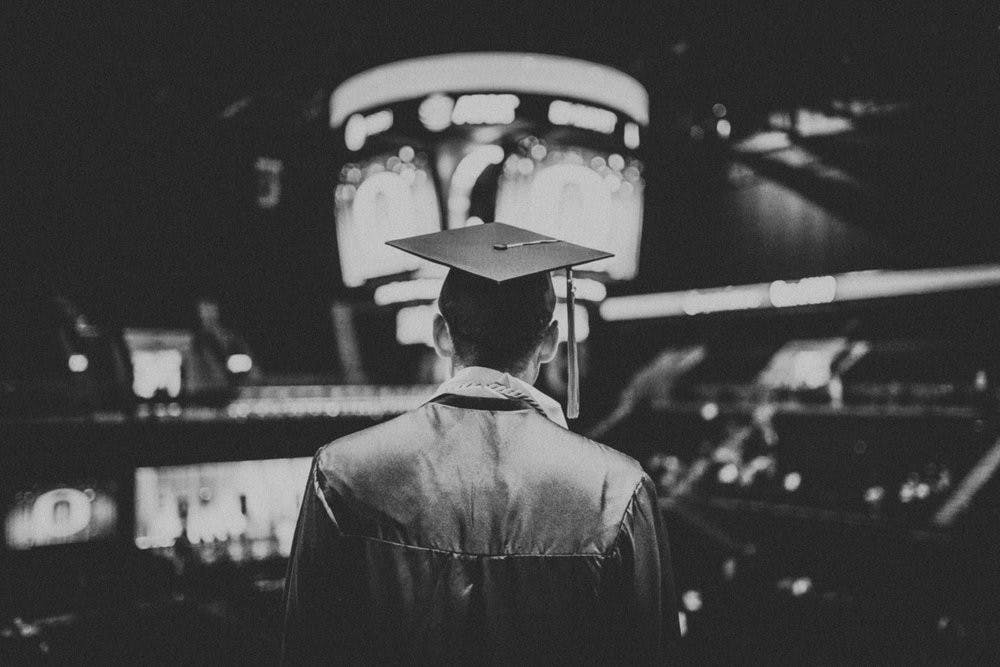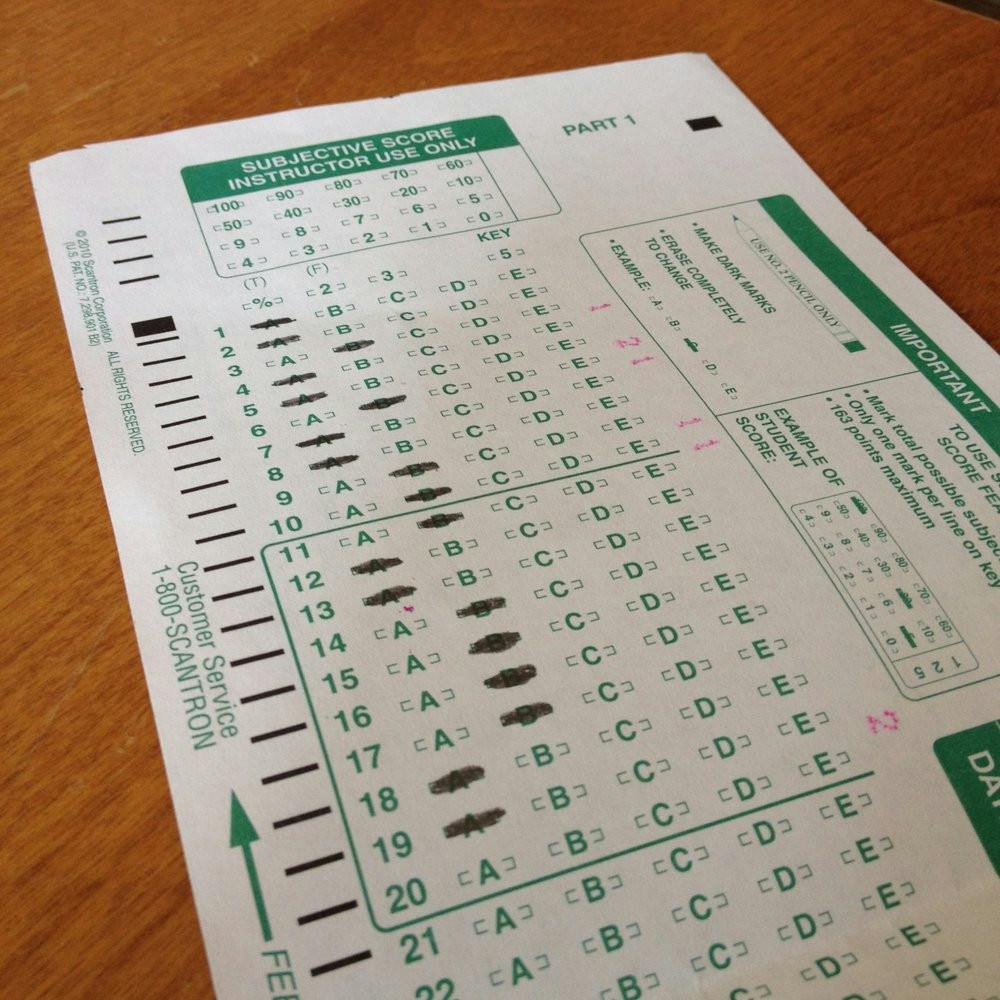BY: ZSHEKINAH COLLIER

Photo by Cole Keister on Unsplash
Ballou High School, a southeast D.C. school known previously for low graduation rates, was praised for achieving a 100 percent graduation and college acceptance rate for its 2017 class. However, a report by NPR and WAMU found that Ballou's administration graduated students that did not meet graduation requirements.
Students with low grades and as many as three months' worths of absences received diplomas in June 2017, according to the report. Two months before graduation, only 57 students were on track to graduate.
Since the WAMU/NPR investigation was published in Nov., D.C. Mayor Muriel Bowser ordered the Office of State Superintendent of Education review Ballou's graduation policies, NBC Washington reported.
All of Ballou's seniors were accepted into college, but only 16 were enrolled in fall semester classes, reported NPR and WAMU. Some Ballou faculty - past and present - are worried about these students.
"They're not prepared to succeed," former health and physical education teacher Morgan Williams told NPR and WAMU. Other teachers have expressed that students knew teachers could not fail them, so they would skip school or shirk assignments. Many students interviewed by WAMU/NPR said they attended school when they felt like it.
Some administrators and teachers received bonuses between $20,000 and $25,000 based on students' performances, and the WAMU/NPR investigation reported teachers felt pressured by the administration to pass students.
Teachers interviewed by WAMU/NPR said, if they pushed back, the administration would retaliate by giving low scores on teachers' evaluations. Two low evaluations in a row could lead to a teacher's dismissal.
As of Dec. 5, Ballou's Principal Yetunde Reeves was removed from her position and assigned to another role in the district.

Photo by Brian Cantoni
A current teacher said he felt graduating the predominantly Black class in an injustice. "This is the biggest way to keep a community down. To graduate students who aren't qualified, send them off to college unprepared, so they return to the community to continue the cycle," he told NPR and WAMU.
The achievement gap between Black and white students is a nationwide issue, and has barely shifted over the last 50 years. In 2007, white students in public schools, on average, scored higher than Black students in public schools on standardized tests, based on data from the National Center for Education Statistics.
D.C. Public Schools has made an effort to close this gap through its "Excellence through Equity" campaign, which included an allocation of $2.6 million in funds for the District's 115 public schools in Oct. 2017, reported the Washington Post. The schools with low scores on college and career readiness tests were given largest amounts of money to fund new programs to help improve test scores.
"We are doubling down on our efforts to build a system that is focused on both excellence and equity," Bowser said about the campaign in a statement. "A system that meets the needs of all families and sets every student, in every school, up for success."


